Zhao Weiguo: China’s No. 1 chip tycoon vanishes
Zhao Weiguo rode a decades-long boom in China pursuing Beijing’s core industrial policy of semiconductor self-sufficiency. Then he fell foul of Xi Jinping.
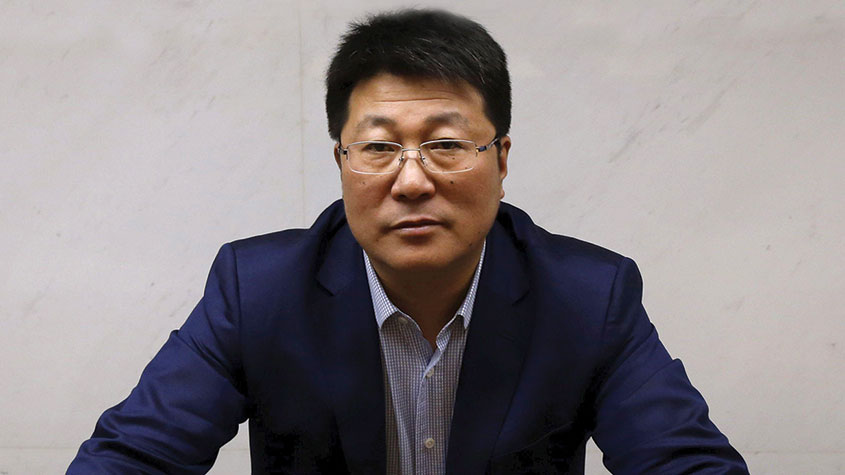
Get the latest financial news, insights and expert analysis from our award-winning MoneyWeek team, to help you understand what really matters when it comes to your finances.
You are now subscribed
Your newsletter sign-up was successful
Want to add more newsletters?

Twice daily
MoneyWeek
Get the latest financial news, insights and expert analysis from our award-winning MoneyWeek team, to help you understand what really matters when it comes to your finances.

Four times a week
Look After My Bills
Sign up to our free money-saving newsletter, filled with the latest news and expert advice to help you find the best tips and deals for managing your bills. Start saving today!
One of China’s most prominent technology tycoons, Zhao Weiguo, has mysteriously vanished, having apparently fallen foul of Xi Jinping’s government, according to Chinese business site Caixin.
Zhao, 54, led the now cash-strapped chipmaking giant Tsinghua Unigroup for a decade, says the Financial Times. But he has been “out of contact” since mid-July after “being taken from his home by authorities”. According to local media, he is “under investigation by officials in Beijing”.
Zhao’s downfall marks the latest “in a series of epic corporate collapses” featuring aggressive Chinese dealmakers, who rode a decade-long, debt-fuelled international acquisition spree, and have now been jailed or detained – usually on corruption charges. The difference with Zhao was that, rather than chasing prestige investments such as property, his aims were in line with one of Beijing’s core industrial policy ambitions – semiconductor self-sufficiency.
MoneyWeek
Subscribe to MoneyWeek today and get your first six magazine issues absolutely FREE

Sign up to Money Morning
Don't miss the latest investment and personal finances news, market analysis, plus money-saving tips with our free twice-daily newsletter
Don't miss the latest investment and personal finances news, market analysis, plus money-saving tips with our free twice-daily newsletter
A drive to the cutting edge
The quest to free China from its dependence on foreign-made chips made Zhao one of the most powerful of the country’s new barons. “No one epitomises Beijing’s vision better,” remarked Forbes in 2015. “The goal,” he said, was to use “foreign know-how as a shortcut to building an advanced chip sector for China”. And he proved a master at delivering.
In just two years, Zhao’s state-backed company shot from an obscure role peddling scanners and herbal medicine to become the “champion of Beijing’s chip ambitions”. Zhao drove Unigroup “to the leading edge of China’s semiconductor industry”, says Nikkei Asia, starting off in style with the $1.7bn acquisition of Nasdaq-listed Spreadtrum. Several of the country’s most promising chipmakers evolved from “Tsinghua’s stable”, says the FT – notably Yangtze Memory Technologies, which has more than tripled its production to nearly 5% of the global market since its launch in 2016.
Zhao always dismissed assumptions that he acted on behalf of the Chinese government, describing Tsinghua Unigroup as “a market-oriented company” – a claim endorsed by big-name investors such as Intel, which bought a 20% stake in 2014. Nonetheless, Beijing poured huge funds into the group, which was also well-connected politically. Zhao was particularly close to the former Chinese president Hu Jintao and his son Hu Haifeng, who helped run Tsinghua Holdings.
The last hoorah
When Xi took power in 2013, the cash spigot continued until about 2017, when Unigroup secured $22bn from state investors to fund acquisitions. It was a last hoorah.
As the company’s debt mountain grew, so did its political alienation. Zhao’s standing in Beijing was “clouded by tensions” between Hu and Xi, says the Financial Times. Meanwhile, the Americans had wised up to the threat posed, prompting the failure of multi-billion tilts on tech groups Micron and Western Digital. Tsinghua’s finances began unravelling. In 2020, when it shocked investors by defaulting on a domestic bond, total liabilities were estimated at more than $31bn.
Zhao’s descent, following the forced “restructuring” of his group, was swift, says The Japan Times. But he certainly found his voice – slamming a low-ball $9bn rescue offer by a state-backed fund as “an attempt to commit a crime”. Zhao’s outcry “ignited a public spat” that state censors allowed to flourish. “There’s no reason why I can’t win this case,” he insisted. But in February, he was effectively ousted from the group, says Nikkei Asia. Now he has disappeared from view completely. Whatever his fate, Zhao Weiguo didn’t intend to go quietly.
Get the latest financial news, insights and expert analysis from our award-winning MoneyWeek team, to help you understand what really matters when it comes to your finances.
Jane writes profiles for MoneyWeek and is city editor of The Week. A former British Society of Magazine Editors (BSME) editor of the year, she cut her teeth in journalism editing The Daily Telegraph’s Letters page and writing gossip for the London Evening Standard – while contributing to a kaleidoscopic range of business magazines including Personnel Today, Edge, Microscope, Computing, PC Business World, and Business & Finance.
-
 How a ‘great view’ from your home can boost its value by 35%
How a ‘great view’ from your home can boost its value by 35%A house that comes with a picturesque backdrop could add tens of thousands of pounds to its asking price – but how does each region compare?
-
 What is a care fees annuity and how much does it cost?
What is a care fees annuity and how much does it cost?How we will be cared for in our later years – and how much we are willing to pay for it – are conversations best had as early as possible. One option to cover the cost is a care fees annuity. We look at the pros and cons.
-
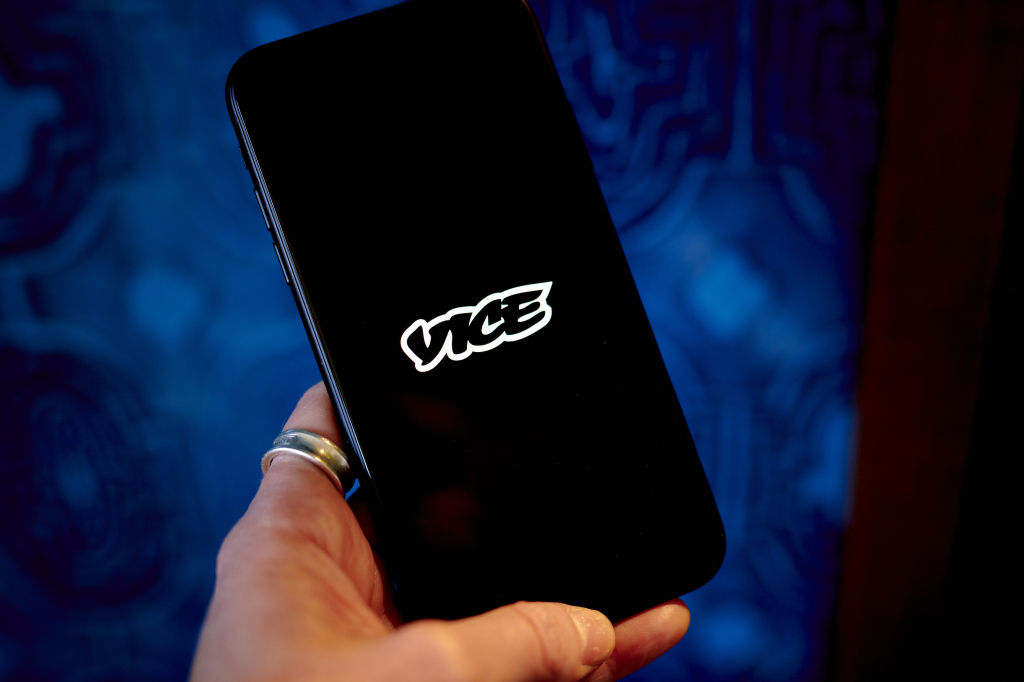 VICE bankruptcy: how did it happen?
VICE bankruptcy: how did it happen?Was the VICE bankruptcy inevitable? We look into how the once multibillion-dollar came crashing down.
-
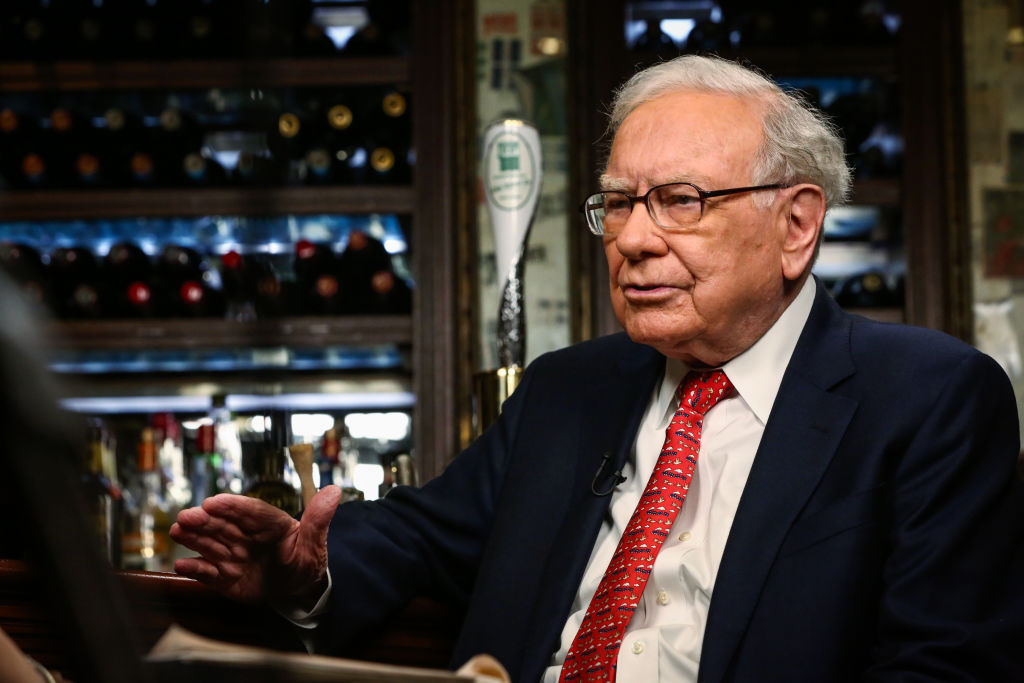 What is Warren Buffett’s net worth?
What is Warren Buffett’s net worth?Warren Buffett, sometimes referred to as the “Oracle of Omaha”, is considered one of the most successful investors of all time. How did he make his billions?
-
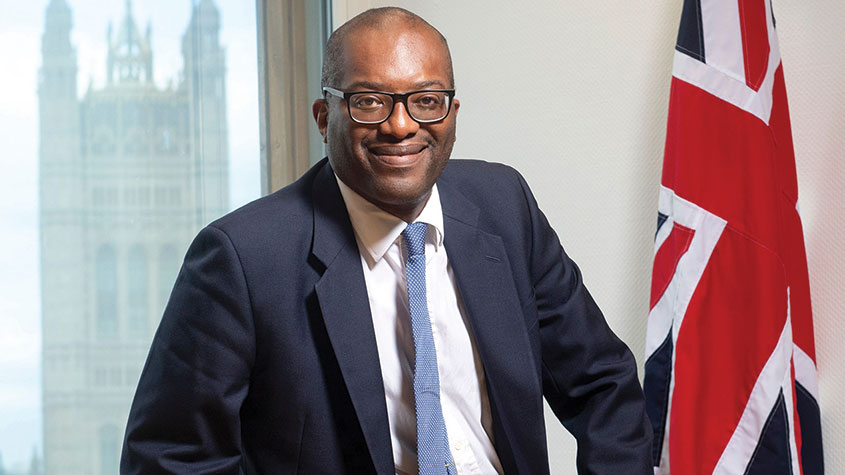 Kwasi Kwarteng: the leading light of the Tory right
Kwasi Kwarteng: the leading light of the Tory rightProfiles Kwasi Kwarteng, who studied 17th-century currency policy for his doctoral thesis, has always had a keen interest in economic crises. Now he is in one of his own making
-
 Yvon Chouinard: The billionaire “dirtbag” who's giving it all away
Yvon Chouinard: The billionaire “dirtbag” who's giving it all awayProfiles Outdoor-equipment retailer Yvon Chouinard is the latest in a line of rich benefactors to shun personal aggrandisement in favour of worthy causes.
-
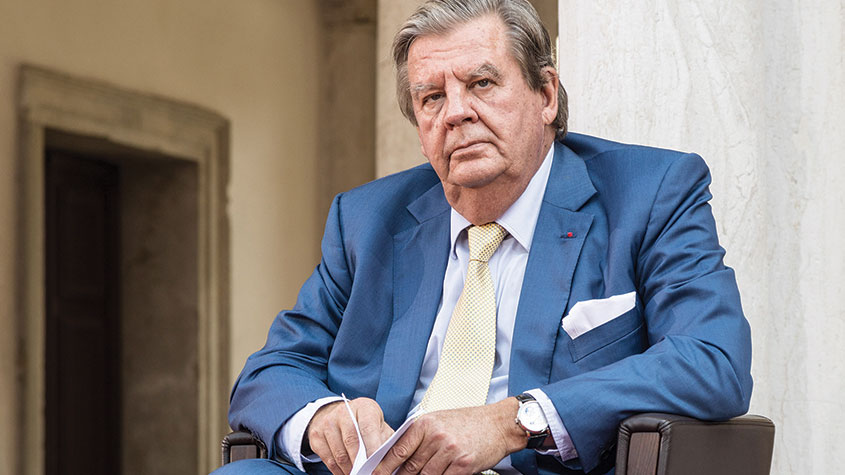 Johann Rupert: the Warren Buffett of luxury goods
Johann Rupert: the Warren Buffett of luxury goodsProfiles Johann Rupert, the presiding boss of Swiss luxury group Richemont, has seen off a challenge to his authority by a hedge fund. But his trials are not over yet.
-
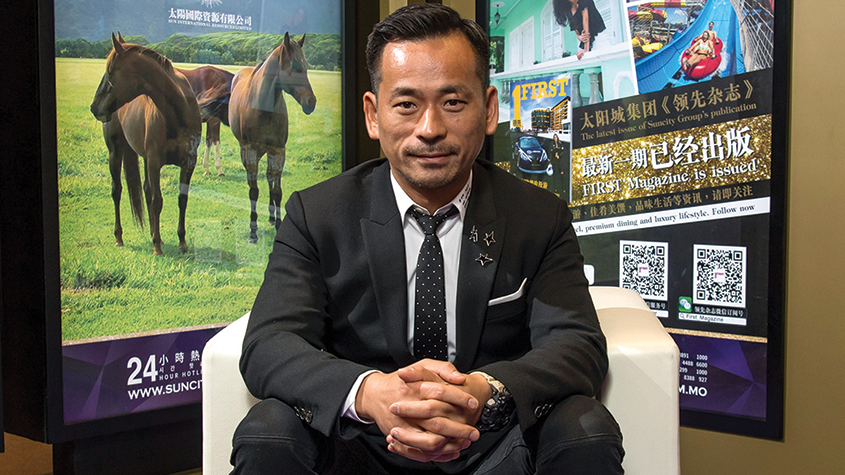 Profile: the fall of Alvin Chau, Macau’s junket king
Profile: the fall of Alvin Chau, Macau’s junket kingProfiles Alvin Chau made a fortune catering for Chinese gamblers as the authorities turned a blind eye. Now he’s on trial for illegal cross-border gambling, fraud and money laundering.
-
 Ryan Cohen: the “meme king” who sparked a frenzy
Ryan Cohen: the “meme king” who sparked a frenzyProfiles Ryan Cohen was credited with saving a clapped-out videogames retailer with little more than a knack for whipping up a social-media storm. But his latest intervention has backfired.
-
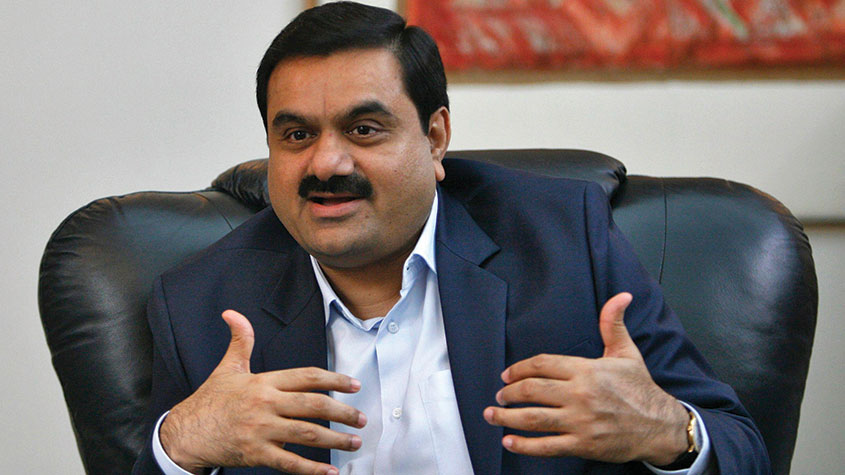 The rise of Gautam Adani, Asia’s richest man
The rise of Gautam Adani, Asia’s richest manProfiles India’s Gautam Adani started working life as an exporter and hit the big time when he moved into infrastructure. Political connections have been useful – but are a double-edged sword.